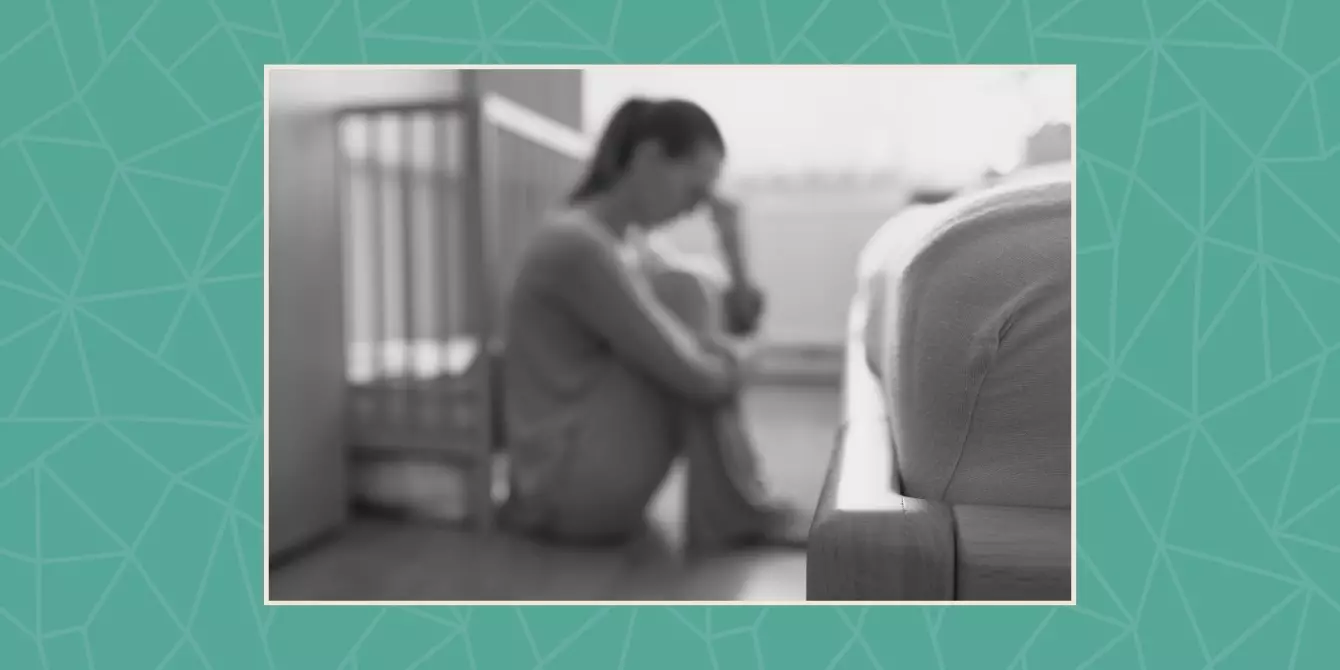In recent years, the United States has witnessed a notable decline in infant mortality rates, attributed to significant advancements in medical practices surrounding pregnancy and neonatal care. Between 1999 and 2022, the overall infant death rate fell by 24%. However, a recent study published in JAMA Pediatrics reveals a troubling paradox: while general infant mortality has improved, instances of Sudden Unexpected Infant Deaths (SUID) are on the rise. This alarming trend necessitates a closer examination of the underlying factors contributing to this phenomenon and calls for systemic reforms.
Understanding SUID: Definitions and Demographics
Sudden Unexpected Infant Death encompasses a range of tragic incidents, including Sudden Infant Death Syndrome (SIDS), accidental suffocation, and fatalities due to undetermined causes. The recent research led by Virginia Commonwealth University indicates that rates of SUID increased by almost 12% from 2020 to 2022. This signals not merely a regression in safe sleep practices, but a multifaceted issue deeply rooted in social, economic, and systemic disparities. Notably, the study highlights severe racial disparities, with Black infants being ten times more susceptible to SUID compared to their Asian counterparts, raising tough questions regarding access to healthcare, resources, and education.
Common discourse around SUID frequently assumes that increased awareness and education about safe sleep practices are sufficient to mitigate the risks. However, many parents possess knowledge of these guidelines yet face difficulties applying them in reality. The rise of social media may exacerbate this issue, promoting images that depict infants in unsafe sleeping environments, further muddying parental understanding of what constitutes a safe space for a baby to sleep.
Furthermore, the impact of socioeconomic factors cannot be overstated. Research suggests that parents often struggle to ensure safe sleep conditions due to overwhelming exhaustion and economic pressures. The lack of paid family leave in the U.S. forces many parents to return to work shortly after giving birth, limiting their ability to monitor infant sleep practices effectively. This systemic issue contributes to an environment in which parents, despite their best intentions, may inadvertently compromise their babies’ safety.
Understanding the complexities surrounding SUID necessitates a deeper exploration of systemic inequities. Access to healthcare remains a significant barrier, particularly for marginalized communities. Research indicates that consistent pediatric check-ups often lead to vital education on safe sleep practices, yet many families miss out on this due to logistical challenges like transportation or lack of insurance coverage. Moreover, economic instability creates hurdles in acquiring safe sleeping arrangements, leaving many families reliant on inadequate or unsafe products marketed as solutions.
The impact of misleading marketing cannot be ignored either. Parents inundated with advertisements for various infant sleep products may inadvertently purchase items that contradict safe sleep principles. Although some legislation, like the Safe Sleep for Babies Act, aims to address these dangerous products, much more needs to be done to strengthen regulation and safeguard families from unsafe marketing practices.
To confront the troubling rise in SUID rates effectively, a shift in focus toward comprehensive policy reform is essential. Experts, including Dr. Elizabeth Wolf from Virginia Commonwealth University, emphasize that tackling this issue requires more than merely reiterating safe sleep guidelines. Structural changes, such as expanding healthcare access, providing paid parental leave, and establishing robust safe sleep programs, are necessary to support families in creating secure sleeping environments.
Initiatives aimed at funding safe sleep resources, such as cribs and bassinets, must prioritize accessibility across diverse communities. Additionally, recent research indicating the benefits of breastfeeding in reducing SUID risk underscores the necessity for increased lactation support. Implementing these reforms could represent a significant step toward decreasing SUID rates and fostering healthier environments for infants.
The increase in SUID rates serves as a sobering reminder that ensuring the safety of our infants is a collective responsibility that transcends individual parenting choices. As we work toward meaningful solutions, it is crucial that we engage in broader discussions about economic inequality, healthcare accessibility, and public policy reforms. Only when we address these systemic issues can we truly hope to create a world in which every parent has the resources and support necessary to provide a safe sleeping environment for their children.
In the fight against SUID, the emphasis must shift from placing accountability solely on parents to encouraging a collaborative approach that includes healthcare providers, policymakers, and community advocates. Every infant deserves a safe place to sleep, and it is high time that our society steps up to ensure that every parent is positioned to provide just that.

